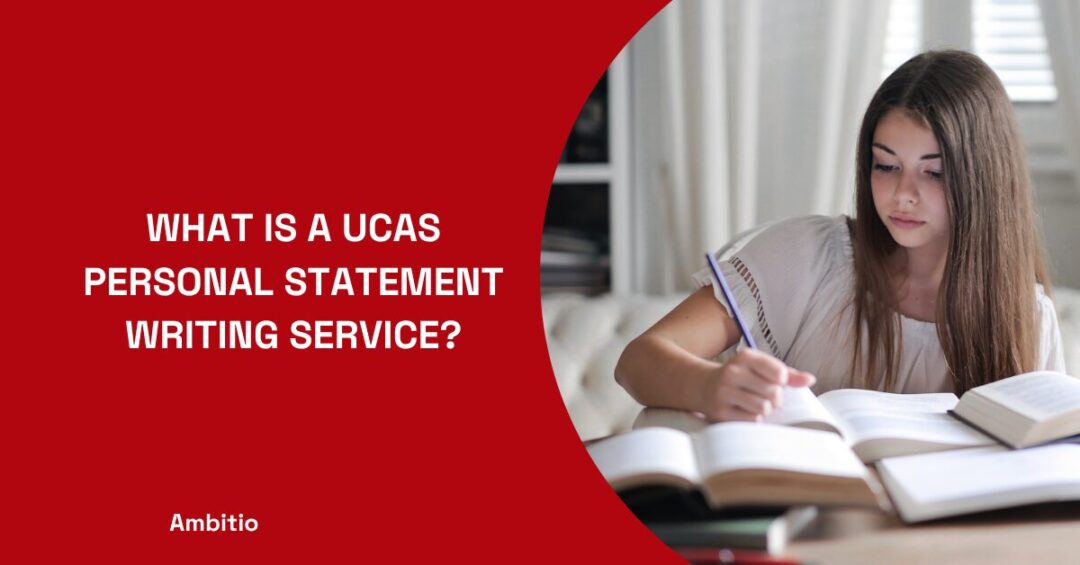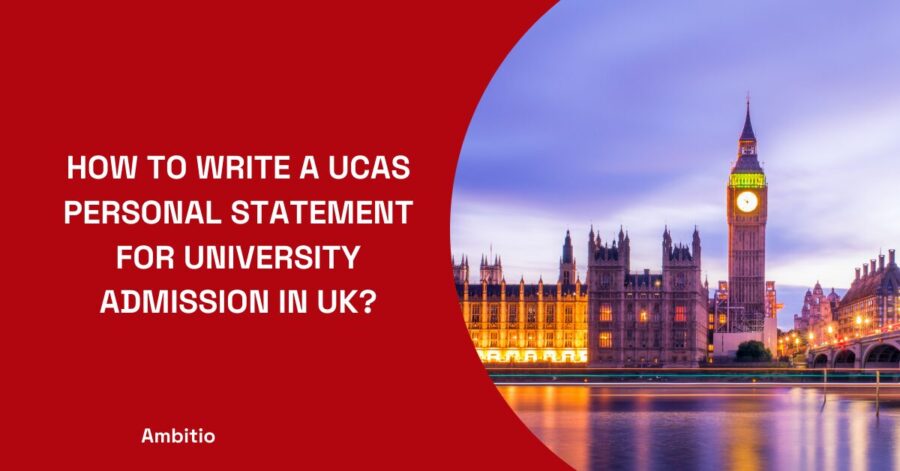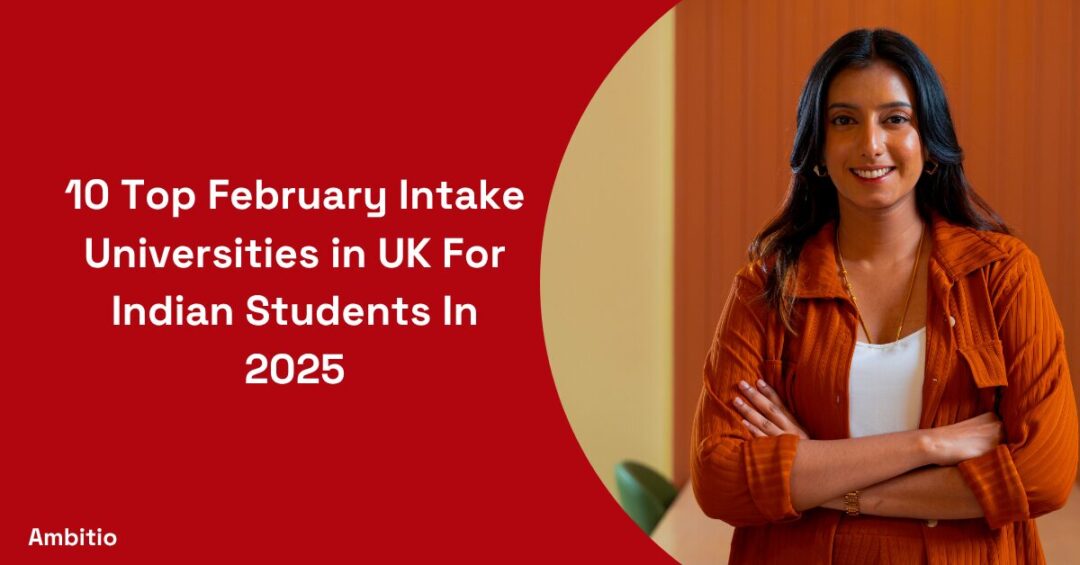16 December 2024
8 minutes read
Understanding the Warwick Business School Average GMAT Score

When considering pursuing an MBA at Warwick Business School, one crucial factor to keep in mind is the GMAT score requirement. The GMAT (Graduate Management Admission Test) is a standardized test that assesses your readiness for graduate-level business studies.
In this comprehensive blog, we’ll delve into the average GMAT score required for Warwick Business School’s MBA programs and provide valuable insights for prospective applicants.
Average GMAT Score at Warwick Business School
Warwick Business School, a part of the prestigious University of Warwick, is known for its high academic standards and rigorous MBA programs.
To maintain the quality of their MBA cohort, Warwick Business School has set certain admission requirements, including a GMAT score. The average GMAT score required for admission to Warwick Business School’s MBA programs typically falls in the range of 650 to 660.
This range is indicative of the school’s commitment to admitting candidates with strong academic qualifications and the potential to excel in their MBA journey.
Why Does the GMAT Score Matter?
The GMAT score is an essential component of your MBA application. It provides the admissions committee with an objective measure of your academic readiness and ability to handle the rigors of an MBA program.
While your GMAT score is not the only factor considered during the admissions process, it plays a significant role in evaluating your application.
How to Improve Your GMAT Score for Warwick MBA
If your GMAT score falls below the average range for Warwick Business School, don’t despair. There are several ways to improve your score:
- GMAT Preparation Courses: Consider enrolling in GMAT preparation courses to sharpen your test-taking skills and familiarize yourself with the exam format. Preparing for the GMAT is a crucial step in securing admission to Warwick Business School’s MBA program. There are several reputable GMAT preparation courses available both online and in-person. These courses provide structured study plans, practice tests, and expert guidance to help you perform your best on the exam.
- Practice Tests: Take practice GMAT tests to identify your weaker areas and work on improving them. Practice makes perfect, and this holds true for the GMAT as well. Utilize GMAT practice tests to assess your strengths and weaknesses. Once you identify areas where you need improvement, focus your study efforts accordingly.
- Admissions Consultant: Seek guidance from an admissions consultant who can provide insights and strategies to enhance your application, including your GMAT score. Admissions consultants specialize in helping candidates navigate the complex MBA application process. They can review your application, provide personalized advice, and assist you in presenting your qualifications effectively.
- Retake the GMAT: If you believe you can achieve a better score, consider retaking the GMAT exam to demonstrate your commitment to excellence. Retaking the GMAT is a viable option if you believe you can significantly improve your score. Many business schools, including Warwick, consider your highest score, so a second attempt can boost your chances of admission.
Admission Requirements for Warwick Business School
Apart from the GMAT score, there are several other admission requirements and criteria that you should be aware of when applying to Warwick Business School’s MBA programs.
- Academic Qualifications: Candidates are expected to hold a strong academic record, usually with at least an upper second-class honors degree from a UK university or the equivalent from an overseas university.
- Work Experience: While the specific work experience requirement may vary depending on the MBA program you choose, having relevant work experience is typically a key criterion. The admissions committee looks for candidates with practical experience in management or related fields.
- English Language Proficiency: For non-native English speakers, providing evidence of English language proficiency is essential. Warwick Business School typically accepts standardized English language tests like IELTS or TOEFL.
- References: Applicants are required to provide at least two professional references as part of the application process. These references should attest to your qualifications, work experience, and potential for success in the MBA program.
- Statement of Purpose: Most MBA programs, including those at Warwick Business School, require applicants to submit a statement of purpose. This document allows you to articulate your motivations, career goals, and how an MBA aligns with your aspirations.
The Importance of a Competitive GMAT Score
While the GMAT score is just one of several factors considered during the admission process, it holds significant weight. Here’s why achieving a competitive GMAT score is crucial:
- Demonstrates Academic Aptitude: A strong GMAT score demonstrates your readiness for the academic challenges of an MBA program. It assures the admissions committee that you have the quantitative and analytical skills required for success.
- Competitive Advantage: A competitive GMAT score can give you a competitive advantage over other applicants. It sets you apart and increases your chances of being selected for admission.
- Merit-Based Scholarships: Some business schools, including Warwick Business School, offer merit-based scholarships to outstanding candidates. A strong GMAT score can make you eligible for these financial incentives.
- Networking Opportunities: Attending a prestigious business school like Warwick Business School provides valuable networking opportunities. A competitive GMAT score can help you join a diverse and accomplished cohort of peers.
How to Prepare for the GMAT
Preparing for the GMAT requires dedication and a structured approach. Here are some tips to help you excel in your GMAT preparation:
- Create a Study Plan: Develop a study plan that outlines your daily or weekly study goals. Allocate sufficient time for each GMAT section, including quantitative, verbal, and analytical writing.
- Utilize GMAT Prep Resources: Invest in reputable GMAT prep materials and resources. These may include GMAT study guides, practice exams, and online courses.
- Take Practice Tests: Regularly take full-length practice GMAT exams to simulate the test-taking experience. Analyze your performance on practice tests to identify areas that need improvement.
- Seek Expert Guidance: Consider enrolling in a GMAT preparation course or working with a GMAT tutor. Experienced instructors can provide personalized guidance and strategies to enhance your performance.
- Review and Analyze Mistakes: After completing practice questions and tests, thoroughly review your mistakes. Understand the reasons behind incorrect answers and work on improving those areas.
- Time Management: Develop effective time management strategies for the GMAT. Practice pacing yourself during the exam to ensure that you can complete all sections within the allotted time.
- Stay Calm and Confident: On the day of the GMAT exam, stay calm and confident. Remember that you’ve put in the effort to prepare, and you’re well-equipped to tackle the test.
- Healthy Lifestyle: Maintain a healthy lifestyle during your GMAT preparation. Get adequate sleep, eat well, and exercise regularly to keep your mind and body in optimal condition.
GMAT vs. GRE: Which Test to Take?
While the GMAT is the preferred test for MBA admissions at Warwick Business School, you might wonder if the GRE is an acceptable alternative. Here’s a brief comparison:
| Aspect | GMAT | GRE |
|---|---|---|
| Purpose | Primarily for business schools | Widely accepted for grad programs |
| Sections | Verbal, Quantitative, Integrated Reasoning, Analytical Writing | Verbal Reasoning, Quantitative Reasoning, Analytical Writing |
| Scoring | 200 to 800 (in 10-point increments) for Verbal and Quantitative, separate scores for IR and AWA | 130 to 170 (in 1-point increments) for Verbal and Quantitative, 0 to 6 for AWA |
| Business Schools | Preferred by many top MBA programs | Accepted by some MBA programs |
| Other Grad Programs | Less common in non-business fields | Commonly used for various disciplines |
| Test Style | Emphasizes data sufficiency, critical reasoning, and grammar | Emphasizes vocabulary, reading comprehension, and math |
| Calculator | No calculator allowed in the Quantitative section | On-screen calculator available in Quantitative section |
| Test Duration | About 3.5 hours | About 3 hours |
| Cost | Slightly more expensive | Slightly less expensive |
| Score Validity | Valid for 5 years | Valid for 5 years |
| Retake Policy | Can retake after 16 days | Can retake after 21 days |
| Test Centers | Available at select test centers | Widely available worldwide |
If you’re considering taking the GRE instead of the GMAT, it’s essential to check Warwick Business School’s specific admissions requirements. While they may accept the GRE, they may have specific score benchmarks or preferences.
Warwick Business School MBA Rankings
Warwick Business School consistently ranks among the top business schools globally. These rankings are a testament to the school’s commitment to excellence in education and research. Here are some of the recent rankings for Warwick Business School:
- Financial Times Global MBA Ranking: Warwick Business School’s MBA program is often featured in the Financial Times’ prestigious Global MBA Ranking. The school’s global reputation and quality of education contribute to its strong ranking.
- The Economist MBA Ranking: Warwick Business School is regularly included in The Economist’s MBA ranking, reflecting its academic rigor, diverse student body, and strong career outcomes for graduates.
- QS World University Rankings: The University of Warwick, of which Warwick Business School is a part, consistently ranks among the top universities globally in the QS World University Rankings.
- AACSB Accreditation: Warwick Business School holds AACSB (Association to Advance Collegiate Schools of Business) accreditation, a mark of excellence in business education.
These rankings not only highlight the school’s global reputation but also its potential to provide students with a transformative MBA experience.
Admissions Process and Timeline
Navigating the admissions process for Warwick Business School’s MBA programs requires careful planning and attention to deadlines. Here’s an overview of the typical admissions timeline:
- Research and Self-Assessment: Begin your MBA journey by researching Warwick Business School’s programs and assessing your qualifications and goals. Determine which program aligns best with your career aspirations.
- GMAT/GRE Preparation: If required, start preparing for the GMAT or GRE well in advance. Give yourself ample time to study, take practice tests, and achieve your target score.
- Application Submission: Prepare and submit your application through Warwick Business School’s online application portal. Ensure that you provide all the necessary documents, including your GMAT/GRE score, academic transcripts, references, and a statement of purpose.
- Admissions Interview: If your application is shortlisted, you may be invited for an admissions interview. This interview provides an opportunity for you to discuss your qualifications and goals in more detail.
- Notification of Admission: After a thorough review process, you will receive notification of your admission status. If you are accepted, you will receive an official offer letter.
- Acceptance and Enrollment: Upon acceptance, you will need to confirm your enrollment by paying any required deposits or fees. You’ll also receive information about orientation and pre-enrollment tasks.
- Preparation and Transition: Use the time leading up to your MBA program start date to prepare for your studies, connect with future classmates, and plan your transition to Warwick Business School.
It’s essential to adhere to the specific deadlines outlined by Warwick Business School for each application round. Missing deadlines can impact your chances of admission, so stay organized throughout the process.
Diversity at Warwick Business School
Warwick Business School prides itself on fostering a diverse and inclusive community of students and faculty. The school recognizes the importance of diversity in enriching the learning experience and promoting a global perspective. Here’s how Warwick Business School promotes diversity:
- Global Student Body: The MBA cohort at Warwick Business School is typically composed of students from various countries and backgrounds. This diversity enhances classroom discussions and exposes students to different perspectives.
- Scholarships and Support: Warwick Business School offers scholarships and financial support to candidates from underrepresented backgrounds, helping to reduce barriers to entry for deserving students.
- Diversity and Inclusion Initiatives: The school actively promotes diversity and inclusion through various initiatives, including student clubs and organizations focused on diversity-related issues.
- Equal Opportunity: Warwick Business School is committed to providing equal opportunity to all qualified applicants, regardless of race, gender, nationality, or background.
- Diverse Faculty: The faculty at Warwick Business School is also diverse, bringing a wealth of knowledge and perspectives to the classroom.
By embracing diversity, Warwick Business School aims to prepare students for success in a global business environment and instill values of tolerance and respect.
Warwick Business School Alumni Network
One of the significant advantages of attending a prestigious business school like Warwick Business School is the access to a vast and influential alumni network. The school’s alumni community spans the globe and includes accomplished professionals and business leaders. Here’s why the alumni network is valuable:
- Networking Opportunities: The alumni network provides opportunities to connect with graduates from various MBA cohorts. These connections can be instrumental in your career development and job search.
- Mentorship and Guidance: Many alumni are eager to mentor current students and offer guidance based on their experiences. You can benefit from their insights and expertise.
- Job Placement: Alumni often play a role in recruiting for their organizations. They may actively seek out Warwick Business School graduates for job opportunities.
- Access to Exclusive Events: The alumni network frequently organizes exclusive events, workshops, and seminars. These events offer opportunities for continued learning and networking.
- Global Reach: Warwick Business School alumni are spread across the globe, providing you with a global network of contacts. Whether you’re pursuing opportunities in the UK, India, the United States, or elsewhere, you can tap into this network.
Conclusion
Understanding the average GMAT score required for Warwick Business School’s MBA programs is just one piece of the puzzle when it comes to pursuing your MBA aspirations.
Warwick Business School’s commitment to academic excellence, combined with a holistic admissions approach, means that while a competitive GMAT score is important, other factors also play a significant role in your application.
To prepare for the GMAT, consider a structured study plan, leverage preparation resources, and seek expert guidance. Remember that a strong GMAT score is not just a requirement but also a valuable asset in your MBA journey.
As you embark on your MBA application journey, be sure to stay organized, meet deadlines, and present a well-rounded application that showcases your strengths and potential contributions to Warwick Business School.
Your MBA experience at Warwick Business School could be the transformative step toward a successful and fulfilling career in the world of business and management.
FAQs
What is the average GMAT score required for admission to Warwick Business School’s MBA programs?
The average GMAT score for Warwick Business School typically falls in the range of 650 to 660.
Are there exceptions for candidates with a lower GMAT score?
While a competitive GMAT score is preferred, Warwick Business School also considers other factors such as academic qualifications, work experience, leadership qualities, and interpersonal skills.
Do I need to take the GMAT if I have a strong academic background?
A strong academic background is valuable, but a GMAT score is usually a requirement for admission to Warwick Business School’s MBA programs.
Are there alternative tests to the GMAT for admission?
Warwick Business School primarily requires the GMAT for admission, but in some cases, they may accept the GRE (Graduate Record Examination) score as an alternative.

You can study at top universities worldwide!
Get expert tips and tricks to get into top universities with a free expert session.
Book Your Free 30-Minute Session Now! Book a call now




























